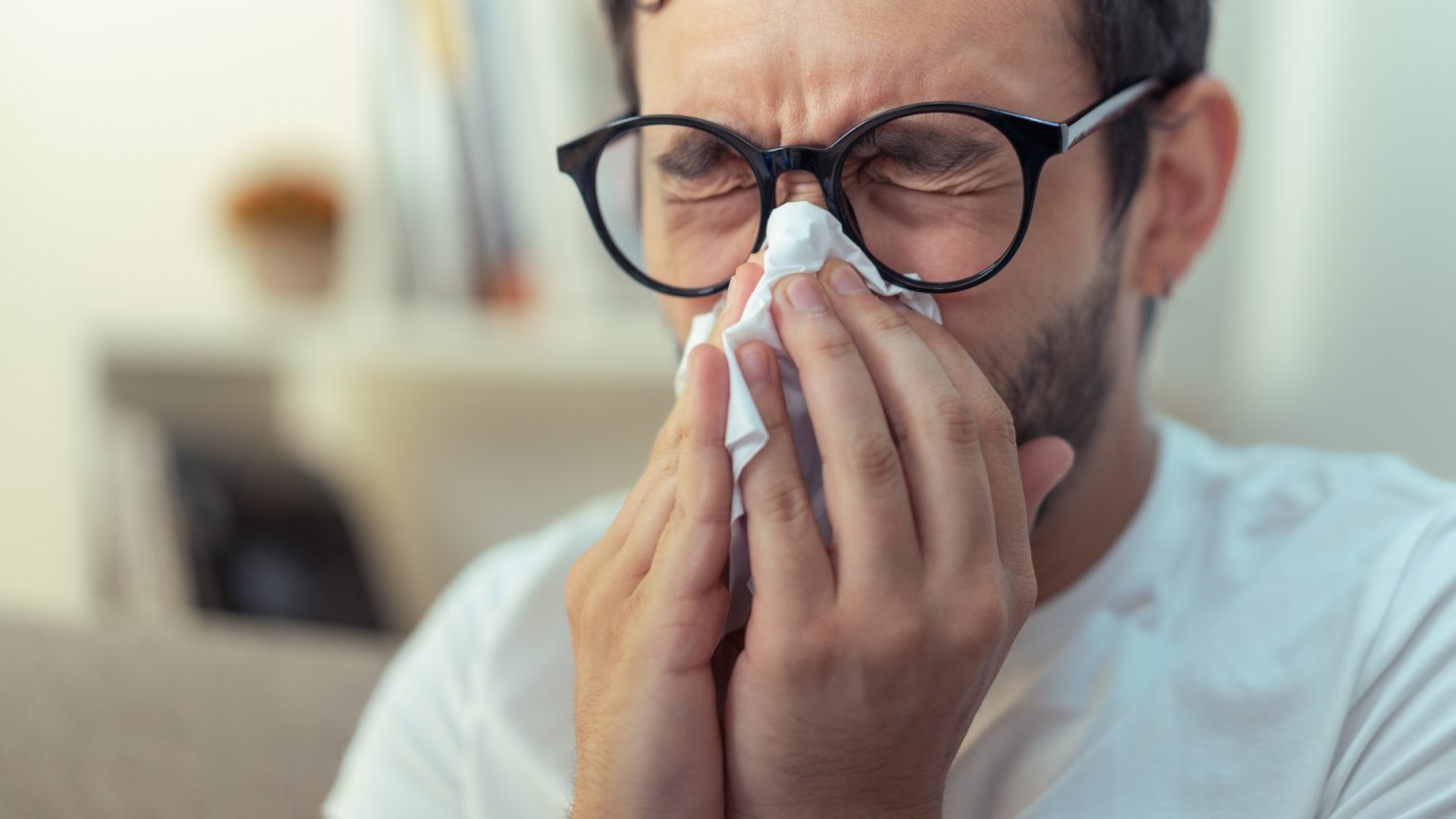This winter, various viruses are making a comeback and causing a range of symptoms such as coughs, sore throats, fatigue, and high temperatures. The flu virus seems to be prevalent, with cases increasing by two-thirds in just one week in England. This surge has led to a 50% increase in hospitalizations due to the flu. Other viruses such as RSV, bronchitis, and norovirus are also on the rise, adding to the winter bug cocktail. In the midst of all this, Covid is still circulating, although infection rates seem to be decreasing. Symptoms of these viruses can be similar, including high temperatures, aches, tiredness, cough, and sore throat. It is important to limit contact with others if experiencing these symptoms to prevent further spread.
Flu symptoms can come on suddenly and include body aches, high temperatures, fatigue, dry cough, sore throat, headache, difficulty sleeping, loss of appetite, diarrhea, and nausea. Vaccines for the flu are available for those most at risk, such as the elderly, pregnant women, young children, and individuals with certain health conditions. The Covid vaccine rollout is ongoing, targeting those most vulnerable to the virus. RSV infections are on the rise, particularly among children, and can lead to more severe conditions like bronchiolitis, which may require hospital treatment. Symptoms of RSV include a runny nose, cough, sneezing, tiredness, high temperature, and difficulties breathing.
For the first time, a free RSV vaccine is being offered to millions in the UK, including individuals aged 75 to 79 and pregnant women. The common cold, caused by the rhinovirus, is a mild viral infection that circulates all year but peaks in the autumn. Symptoms include a blocked or runny nose, sore throat, headaches, muscle aches, cough, sneezing, raised temperature, pressure in ears and face, and loss of taste and smell. Norovirus, a highly contagious virus causing vomiting and diarrhea, has seen a 31% surge in cases recently. Symptoms include nausea, diarrhea, vomiting, high temperature, headache, and body aches. It is important to stay at home if experiencing these symptoms to prevent further spread.
Vaccines for Covid, flu, and RSV are available for those most at risk, including the elderly, pregnant women, individuals with certain health conditions, and frontline workers. The autumn Covid booster is recommended for residents in care homes, adults aged 65 and over, individuals in clinical risk groups, pregnant women, and frontline health and social care workers. The flu vaccine is available for individuals aged 65 and over, those in clinical risk groups, individuals at serious risk, carers, long-stay residential care home residents, and frontline workers in social care settings. The RSV vaccine is offered to pregnant people from 28 weeks onwards and individuals aged 75 to 79. It is important to stay informed about vaccination eligibility to protect oneself and others from these winter viruses.










